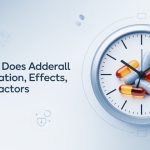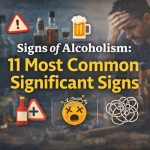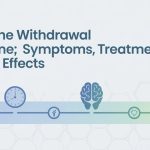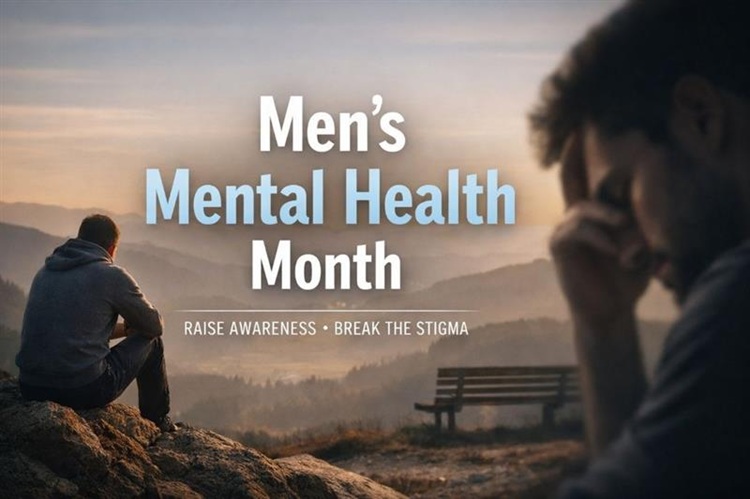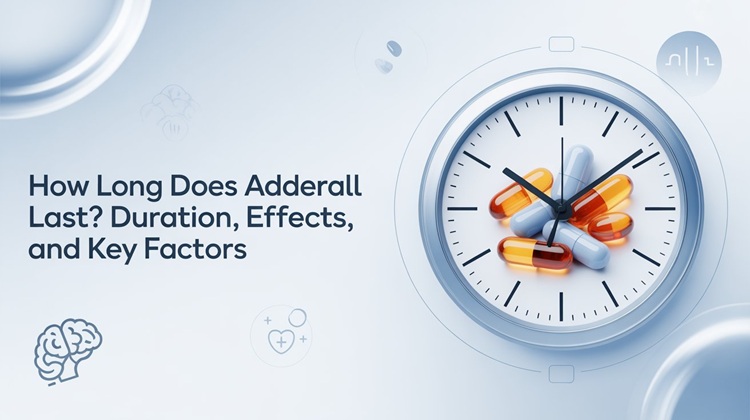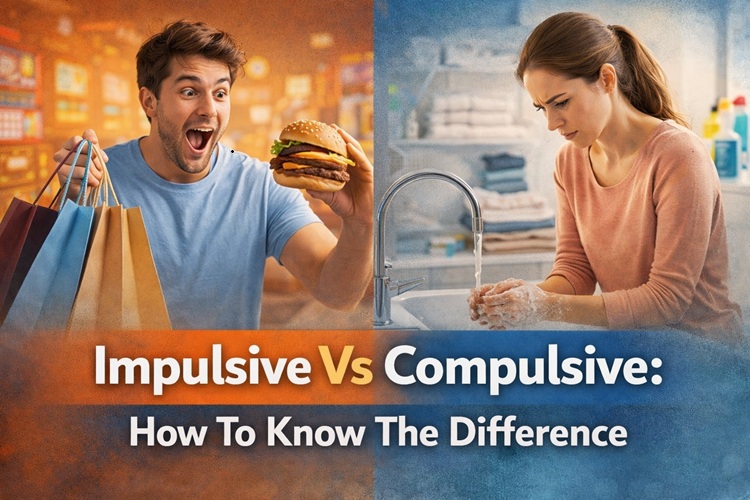Alcohol withdrawal is a complex and often painful process that can be faced by a person who decides to quit alcohol dependence. This is vital for sufferers and their caregivers to know when they should get medical assistance. This blog explores the general manifestations of this disorder, treatment choices, and when to look for help.
Understanding Alcohol Withdrawal
Why Does Alcohol Withdrawal Happen?
Alcohol withdrawal usually happens when one who has developed alcoholism stops or cuts down the amount of alcohol they take. The brain and body are forced to rely on alcohol to perform all its functions. When the alcohol levels compress, the CNS responds, causing withdrawal symptoms to manifest. This process helps everyone understand how much stress alcohol puts on the physical and mental health of an individual.
Common Symptoms of Alcohol Withdrawal

Physical Symptoms
These signs can start as mild ones and can progress to serious ones in case of withdrawal of alcohol. The mild signs present include headaches, vomiting, and muscle rigidity. During withdrawal, people might have sweating, tachycardia, and hypertension as withdrawal advances. In severe cases, there may be seizures otherwise known as delirium tremens, which is usually a life-threatening condition.
Psychological Symptoms
The psychological symptoms could be anxiety, irritability, restlessness, and so on. The brain is also crippled; hence, it is not uncommon to hear of cases of depression and mood swings. At some point, people develop symptoms such as hallucinations or paranoia, which makes physical withdrawal even more challenging.
100% Confidential Support is Available 24/7
No matter what you’re going through, you’re not alone. Our dedicated team is here to provide a safe, judgment-free space where you can talk openly and honestly. Whether you need emotional support, resources, or just someone to listen.
We’re here for you—completely confidential and always respectful of your privacy. Call us today!
The Alcohol Withdrawal Timeline
Early Symptoms (6-12 hours)
The first range of signs such as nausea, headache, sweating, shaking, and poor coordination surfaces after the first 6–12 hours after the last take of alcohol. Some of these symptoms are not severe and may get worse within a short while if not well controlled.
Peak Symptoms (24-72 hours)
The peak phase, which occurs between 24 and 72 hours following cessation, is usually the worst. The signs may also worsen and include severe ones such as seizures, confusion, and even hallucinations. This period should therefore be carefully observed since people may be at risk.
Late Symptoms (After 72 hours)
It takes 72 hours for many patient’s symptoms to start alleviating. Although some of the side effects are short-term, some may persist with others, such as fatigue and sleep disturbances. Long-term psychological features such as anxiety or cravings might also be present.
Contact Palm Coast Treatment Solutions
Battling with Drug and Alcohol Addition? Remember, you are not alone and we are here to help you!
Risk Factors for Severe Withdrawal
Certain factors increase the likelihood of experiencing severe withdrawal symptoms:
- Long-term and chronic alcohol consumption
- High alcohol tolerance
- Mental or physical illnesses before pregnancy
Overcome Addiction with Palm Coast Treatment Solutions.
Book an appointment.
Treatment Options for Alcohol Withdrawal
Medical Detox
Medical detox is the process of handling withdrawal signs while in a secure and monitored setting. Physicians may prescribe some drugs to minimize pain and protect from secondary events.
Behavioral Support and Therapy
Cognitive behavioral therapy (CBT) is a behavioral therapy that concentrates on changing awareness and manipulating an individual’s responses. AA is also good at continuing support groups and community.
When to Seek Professional Help
However, if you or someone close to you has severe symptoms, such as seizures or or hallucinations, get medical help right away. Even mild symptoms should be evaluated by a professional to make sure that the process for a safe and effective recovery is underway. Treatment is often more effective the earlier it’s started and can prevent complications.

Conclusion
Taking the First Step Toward Recovery
It is a journey from alcohol dependence and it is the first step in seeking help. There are resources to guide you, whether in medical detox, therapy, or support groups. The thing is, you don’t have to do it alone—get support for withdrawal and make a healthy, alcohol-free start.







